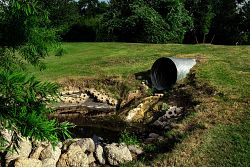The findings of the report which asked 4,000 members of the public, found 71% of people in England believed water company profits should be restricted because of performance concerns. Two-thirds said companies made too much profit.
For more information on this subject, see:



